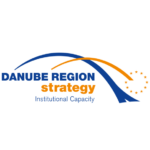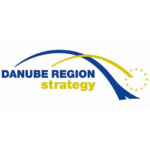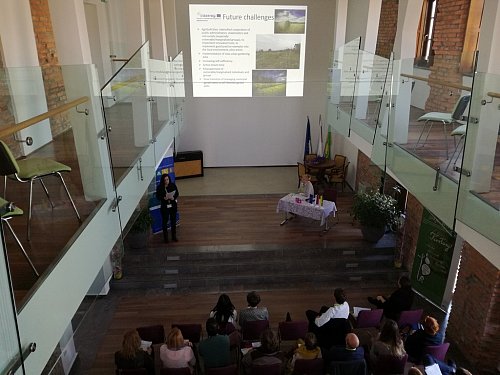DANUBE TRANSNATIONAL PROGRAMME (DTP) PROJECTS FROM THE 1ST CALL
In January 2017 Centre for European perspective joined active implementation of the Danube Strategy as one of the coordinators of priority area 10 (PA10) – Institutional capacity and cooperation together with the City of Vienna. Its main objective is enhancing the capacity of various institutions working in the Danube region, from its local, to regional, national and macro regional level on numerous topics.
The Danube Transnational Programme (DTP) is part of the Interreg family that acts as policy driver towards the positive change. It is a financing tool that is enabling actors in the region to implement transnational projects that promote cooperation and mutual learning. In its first call the DTP decided to financially support 53 projects across the region, dealing with diverse aspects of its main objectives:
– innovative and socially responsible Danube region
– environment and culture responsible Danube region
– better connected and energy sustainable Danube region
– well governed Danube region.
In this first call four projects that fall under the PA 10 topic were selected and they have recently presented their plans to the public. They are presented briefly below.
ATTRACTIVE DANUBE
Improving Capacities for Enhancing Territorial Attractiveness of the Danube Region
The main objective of Attractive Danube is to strengthen multilevel and transnational governance and institutional capacities of policy planners involved in territorial development of the Danube Region, which will result in more harmonized governance system of the area.
Attractive Danube is led by Geodetic Institute of Slovenia which is coordinating 11 partners and 7 associated partners from 13 EU and non EU countries.
More about the project can be found at http://www.interreg-danube.eu/attractive-danube
DRIM
Danube Region Information Platform for Economic Integration of Migrants
With the goal of achieving cohesion and economic development in the Danube region, DRIM’s objective is to enhance the capacity of public institutions for promoting migrants’ economic integration, understood as fair access to employment, work and skills enhancement. DRIM brings together 10 partners and 8 associated partners form 9 countries and is coordinated by Research Centre of the Slovenian Academy of Sciences and Arts.
More about the project can be found at http://www.interreg-danube.eu/drim
AgriGo4Cities
Urban agriculture for changing cities: governance models for better institutional capacities and social inclusion
AgriGo4Cities is coordinated by Slovenian Anton Melik Geographical Institute of the Research Centre of the Slovenian Academy of Sciences and Arts. The AgriGo4Cities project wants to employ Participatory Urban and Peri-urban agriculture as a powerful and emerging method to improve public institutional capacities in order to tackle socio-economic exclusion of vulnerable/marginalized groups and to stimulate sustainable urban development in the Danube region. It brings together 11 partners and 6 associated partners from 8 countries that have recognized that urban gardening can have wide positive effects on people living in cities.
More about the project can be found at http://www.interreg-danube.eu/agrigo4cities
RAREChanging Discourses, Changing Practices: The Roma as Human Resource
RARE aims to enhance the capacities of and cooperation among actors having a stake in the labour market participation of the Roma in order to better exploit their economic potential. RARE will result in equipping partner institutions with new opportunities for synergies and innovation to effectively tackle labour market inclusion of the Roma in the Danube Region and monitor and assess efficiency of interventions.
Consortium of 13 partners and 8 associated partners from 9 countries is coordinated by Hungarian Charity Service of the Order of Malta.
More about the project can be found at http://www.interreg-danube.eu/rare
Coordinators of the PA10 will closely follow the implementation of the projects and suggest project partners identified potential synergies in its methodology, pilot testing as well as policy recommendations. Coordinators will strive to implement project results into their work and transfer findings along with recommendations to the national, Danube and European policy level.




